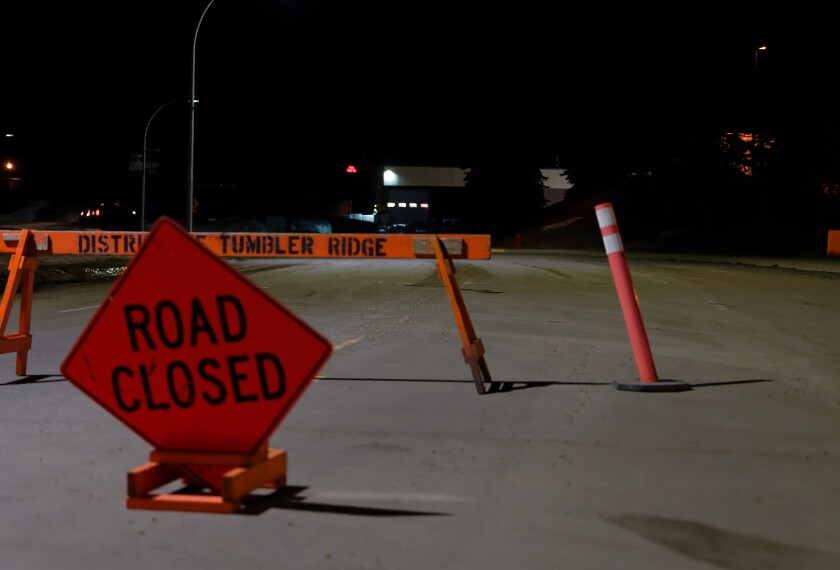We don’t trust politicians. Never did. We’ve come to expect lawyers to be sketchy, sports stars to be juiced, and some cops to be on the take. But teachers?
The last thing we need to hear is that educators have gone the sad, scandalous way of Roman Catholic priests—once-upon-a-time untouchables now slimed by the misdeeds of a few bad actors.
But it’s true. Sexual misconduct by teachers is a chronic problem in American schools. So what are you going to do about it?
Even in this age of cynicism and apathy, the facts are too harrowing to ignore:
• More than 2,500 U.S. educators were punished for sexual misconduct from 2001-05, according to a nationwide investigation by the Associated Press, which published its results in stories over three days concluding Tuesday.
• The victim was a young person (students, unidentified youths, family members, neighbors, etc.) in at least 1,800 of the cases.
• Hundreds of the cases involved “mobile molesters,” teachers caught abusing in one school and allowed to quietly move to another and prey on more children.
A lowlife like Gary C. Lindsey needs your attention, and so do the authorities who enabled him. He was fired from his first teaching job in Iowa after admitting that he had touched a 5th grader’s breast during recess.
“I guess,” Lindsey confessed to his boss, “it was just lust of the flesh.”
But it wasn’t the end of his career.
Lindsey taught another 30 years, piling up accusations from students and parents and reprimands from principals that were filed away and ultimately ignored until 1994, when accusations from three girls forced his early retirement.
Even then, he kept his teaching license until 2004, when the parents of one of the girls, Jennah Bramow, petitioned the state.
Bramow, now 20, said she felt compelled to speak out on behalf of Lindsey’s other victims—girls she grew up with and who suffered greater abuse.
“I want somebody to know about it. I want everybody to know,” she told the AP. “I don’t want people to feel sorry for me. I just want people to know what goes on behind your back, you know?”
Now that we know the depths of this national disgrace (or can no longer claim not to know), it’s time to act.
Nearly three decades ago, after a 13-year-old California girl was killed by a habitual drunk driver, her mother formed an organization to lobby lawmakers, harangue judges, and shame offenders. Mothers Against Drunk Driving swiftly changed the nation’s perceptions about alcohol consumption and driving, saving countless lives.
Student sex abuse must be attacked with the same grass-roots fervor. Don’t just shake your head in disgust—force your leaders to lead.
Congress should pass a bill proposed by Rep. Adam Putnam, R-Fla., to create a national registry of convicted offenders. President Bush should sign it.
School districts should check teacher fingerprints against the FBI database, rather than just their own states’ records.
Veteran teachers should be subjected to background checks, rather than just new hires.
Victims of child sex abuse, who often don’t acknowledge what happened for years, should get more time to bring civil claims.
Punishment for teachers having sex with children should be tough and nationally consistent.
Teachers should be trained on how to respond to allegations raised by children, and how to avoid inappropriate behavior themselves.
Students should be taught what constitutes inappropriate touching, and what to do about it.
Outrage should not lead to overreaction. It’s important to keep in mind that abusers like Lindsey are a tiny fraction of the 3 million public primary school teachers.
“But one is one too many,” said Antonia Cortese, executive vice president of the American Federation of Teachers. She said teachers need to be vigilant about the activities of their colleagues—to a point.
“We’re not FBI agents,” the labor leader said. “We’re in class teaching. But if a child comes up to you and makes an allegation about one of your colleagues, certainly you have an obligation not to sit on those, but to bring them up to the authorities.”
Sadly, many people will not bat an eye at the AP’s finding — not because they’re heartless, but because they’re jaded. If there is one thing the public has learned in recent years it’s that American institutions—and the people who lead them—are often not worthy of the people’s trust.
The sex abuse crisis in the Catholic church, corporate crime, a war fought over false rationale, the fatally inept response to Hurricane Katrina, steroid use in sports—the list of faith-shaking events goes on and on.

Read more about Education Week‘s special collection of stories, “A Lingering Shame: Sexual Abuse of Students by School Employees.” The collection includes a new Associated Press series on the issue, as well as special Education Week coverage.
Robert Putnam, a sociologist and public policy professor at Harvard University, said he fears the teacher abuse revelations will further erode the public’s trust in schools, teachers and one another.
“This both reflects and contributes to more cynicism in a society that is getting less trusting every day,” he said.
Rather than point fingers, let’s fix the problem. Nobody can escape blame if predators like Lindsey are allowed to prey on our children.
Not teachers who turn a blind eye on a suspicious colleague.
Not principals and superintendents who quietly cut deals to avoid lawsuits or embarrassment.
Not unions who reflexively defend the indefensible.
Not politicians who failed to impose tough punishments or track predators for fear of insulting a respected and powerful profession.
Not even the most loving parent who fails to talk to their children about such an uncomfortable topic.
And certainly not you—or any of us—if we let the AP stories be the last word.




